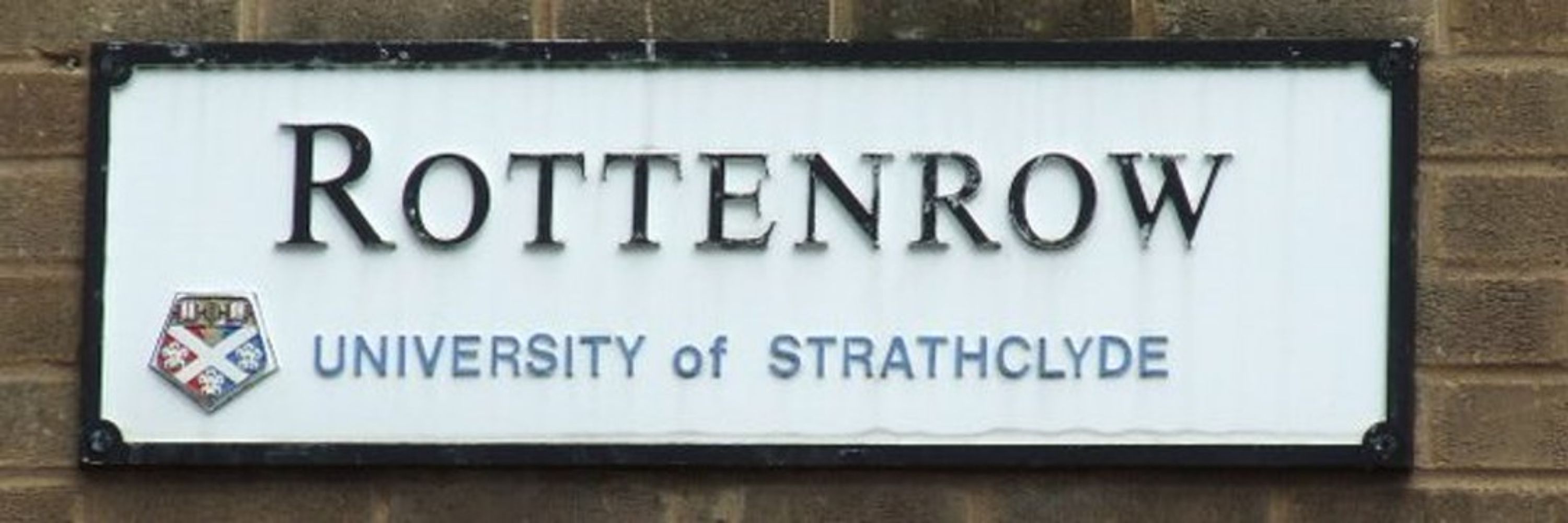
As it stands, the UK govt is behaving like a 'fool in the bath', insisting on controlling the level of water only by adjusting the flow from the taps and ignoring the option of pulling the plug and avoiding overflow. And that doesn't seem ideal
To me though, the lack of action on tax is the most remarkable thing. If the UK Govt wants to spend more - which it probably should - and doesn't want to borrow all of it in perpetuity - it probably shouldn't - then increasing revenues must be looked at
So using last year's pressures as a guide and excluding itemised lines in Rachel Reeves' statement, I get to about £3.5bn of other pressures - a far cry from the £8.6bn. What's in the other £5bn? The Treasury should release this information and not hide behind QA and supposed 'chilling effects'
But all these items, plus rail and other health pressures, are itemised in the public spending audit. And there aren't many more easily conceivable unforeseen large pressures from other departments, which get increasingly small to account for this
However, this uncovers the mess underlying the budget. The reserve has instead been used to fund the running of Ukraine aid (MoD and civilian), the DHSC pay award for 23-24 and what appears to be the whole of the asylum and migration systems. This runs roughshod through the principles of the reserve
The reserve is meant to be used for one-off, unforeseeable spending pressures. If we abstract from leases and depreciation (both non-cash), one-off pressures have become fewer and less expensive in recent years: £18.5bn in 21-22, £5.6bn in 22-23, £4.4bn in 23-24. Which is good news
Absolutely. Worth pointing out that even then the health service ended up being much more costly than anticipated. Spending in year 1 (1948-49) was double the c.£250m budgeted, and continued pressures eventually led to glasses and false teeth charges in 1951 over which Bevan resigned
I can see the argument that a system where coalitions are more common might have led to that. But I think it's equally plausible that it might have atomised positions even more and led to even more deadlock with no one feeling like they could concede anything
Also would likely have handed even more power to a smaller sliver of the electorate. Imagine the ERG but actually its own party with no loyalty to the Conservatives - doubtful Johnson would have been able to push a deal through like that or an even harder Brexit would have occurred
No matter how shit it is
